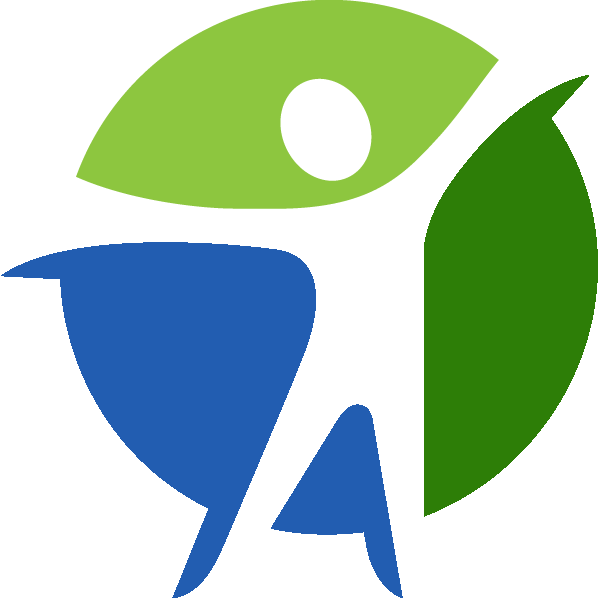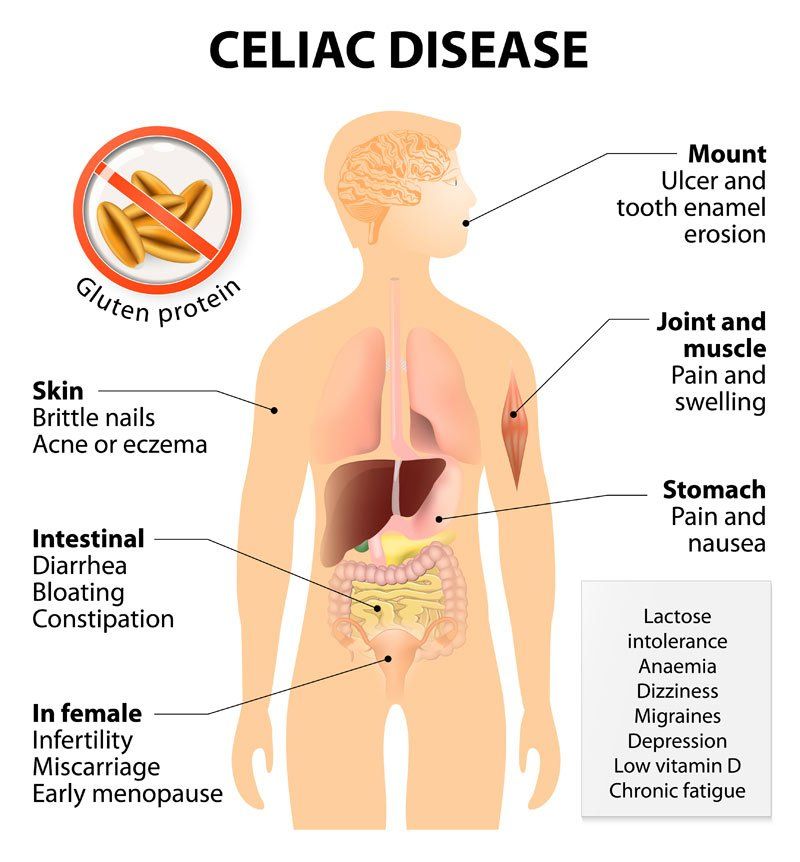What is Celiac Disease?
Celiac disease is a chronic autoimmune disorder that can cause lifelong health concerns and permanent physical damage. Gluten triggers often debilitating conditions and can make it difficult for those with the disease to get adequate nutrition. The problem occurs much more often than people realize, and official estimates state that only about 30 percent of the people with the disease receive a diagnosis.
Celiac disease causes the immune system to attack the small intestine after consuming gluten because it perceives gluten as a threat. The attacks prevent the intestine from absorbing nutrients into the body. If not controlled, the disease can cause people to suffer malnourishment regardless of their diet. In addition, serious health complications can result from improperly managed celiac disease. Intestinal cancer, thyroid conditions, and miscarriage are a few potential health concerns people with the disease could experience.
Common Symptoms of Celiac Disease
Unlike other autoimmune diseases, there are nearly 300 potential symptoms of celiac disease. Many of the problems can also occur with other medical conditions. It is not impossible to not have any symptoms, making a diagnosing even more challenging.
Diarrhea and bloating are the most common initial symptoms. It may become necessary to keep a food diary to determine if the symptoms begin after consuming gluten-containing products.
Some of the most common Celiac Disease symptoms include:
- Bloating
- Gas
- Constipation
- Anemia
- Depression
- Chronic headaches
- Diarrhea
- Fatigue
- Anxiety
- Weight loss or inability to gain eight
- Mouth sores
- Joint pain
- Rashes
- Irritability
- Tingling and numbness
- Thin bones
- Vomiting
Common Causes of Celiac Disease
Celiac disease affects all ages, races, and genders. People with family members with the disease are more likely to develop the condition. The risk increases if the relative is an immediate family member. A family history of the disease does not mean people will develop Celiac or pass it on to their children.
Individuals with other autoimmune diseases are at a higher risk of developing celiac disease. The development of any autoimmune disease always increases the risk of developing another. An improperly acting immune system can suddenly begin an attack on any part of the body.
Prior illnesses and gastrointestinal tract infections may also cause some cases of celiac disease. In many instances, the cause remains unknown because there is still a lot of mystery related to the disease.
How the Medical Community Treats Celiac Disease
Celiac disease is not curable, so doctors cannot make the problem disappear. Instead, a doctor may offer a prescription to treat the symptoms gluten patients experience. People with the condition must stick to a gluten-free diet for life. Avoiding wheat, rye, and barley can be exhausting, but it is necessary to prevent damage to the body. Long-term compliance with dietary restrictions can allow the small intestine to heal.
Remaining gluten-free is not as easy as not eating bread. Many non-food items contain gluten and can cause the same response. For example, medications, supplements, make-up, and personal care products often have gluten as an ingredient. Even food products that do not include wheat as an ingredient could contain some gluten from other products, like preservatives, which use wheat.
How Celiac Disease Can Be Treated with Natural Remedies
See Your Local Holistic Practitioner. These can include muscle testers like Applied Kinesiologists and Nutrition Response Testers, many of whom are Chiropractors. You can also consider Functional and Integrative Medical Practitioners, many of whom are holistic doctors. Depending on your symptoms, trained Dietitians and Nutritionists can also be an option.
Adding
whole food supplements to your treatment plan adjusts the imbalances in your body. Being under a professional's care will help eliminate trial and error, and wasted money spent on remedies that may not be appropriate for your exact illness. Most holistic practitioners offer a free consultation, so seeing two or three is an option. It would be wise to start here.
- Natural treatments also involve removing gluten from the diet and lifestyle. Alternative healing cannot make the body accept gluten. Homeopathic healers recommend avoiding all prepared or processed foods. Supplements like fish oil and some vitamins and minerals can boost the immune system and encourage the body to heal faster.
- To reduce the discomfort associated with digestion, alternative providers recommend avoiding raw diets and heating food before eating. Softer, warm foods are less likely to irritate damaged intestines. Once the intestines heal, a raw food diet can begin. Probiotics can boost healing and improve digestive ability, so the body receives more nutrients.
- Practice yoga. The simple and relaxing exercise boosts the immune system, lowers stress, and strengthens the body. Yoga can also aid with digestive issues, so it can help heal damages and reduce many symptoms of celiac disease.
- Consider a chiropractic alignment. The digestive system can suffer when a misalignment occurs in the spine. Celiac disease also causes a variety of other body aches and pains. Chiropractic manipulation allows the blood to circulate easier, enables spinal fluid to nourish the body, and allows the nervous system to communicate more effectively. These benefits can reduce the discomfort of the symptoms of celiac disease.
There is no known cure for celiac disease, but people can control their condition and avoid body damage. Alternative medical practices offer many ways for celiac patients to care for their bodies and find relief. Boosting overall health and finding better stress management solutions can allow the body to heal faster and have more protection from illness.
Additional Resources
- Overview Celiac Disease - National Institute of Diabetes and Digestive and Kidney Diseases
- What is Celiac Disease? - Beyond Celiac
- 7 Effective Remedies - Organic Facts
- Natural Remedies for Celiac - Mother Earth Living
Additional Information - Contact
Copyright 2020 All Rights Reserved. Art Licensed by Shutterstock©



